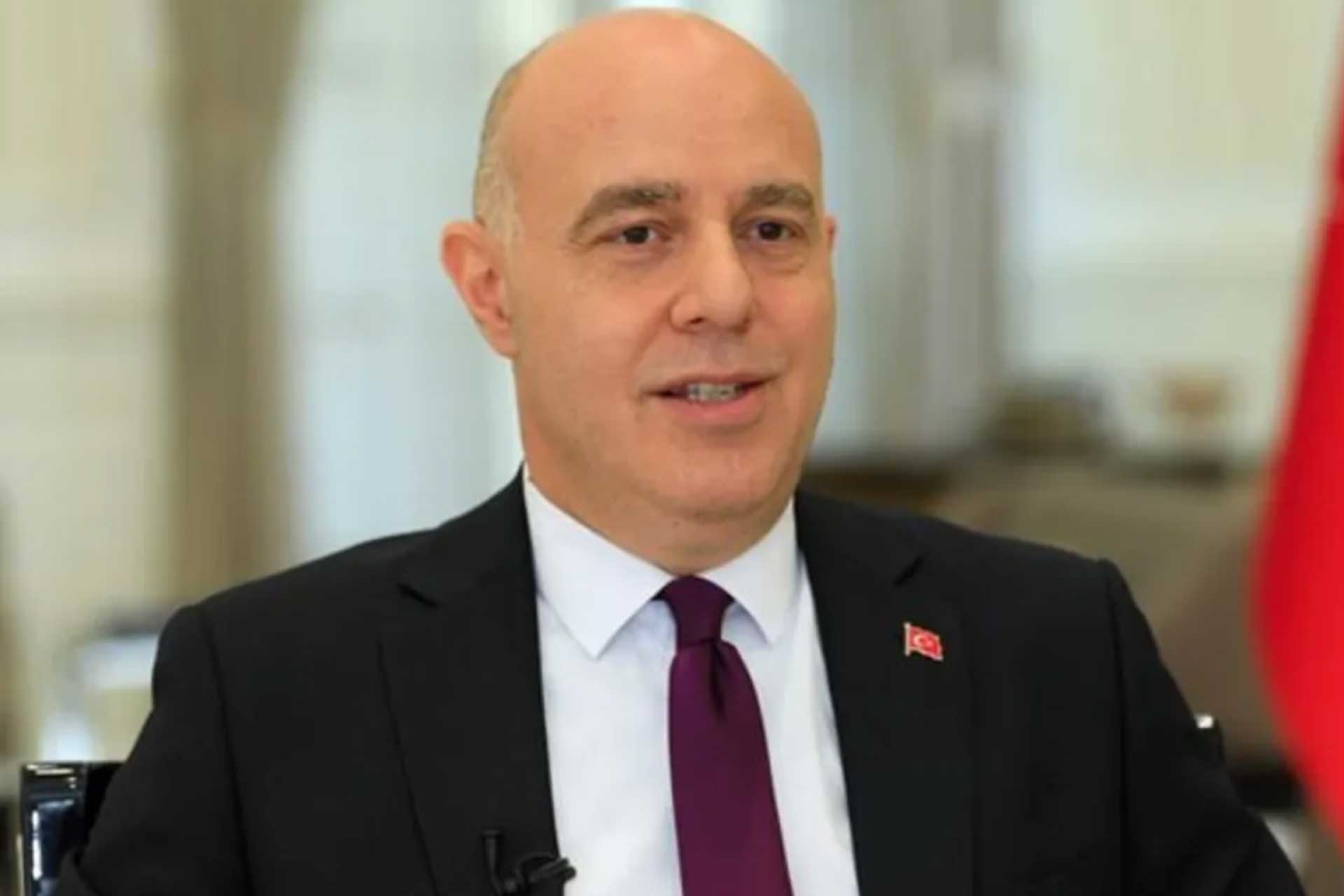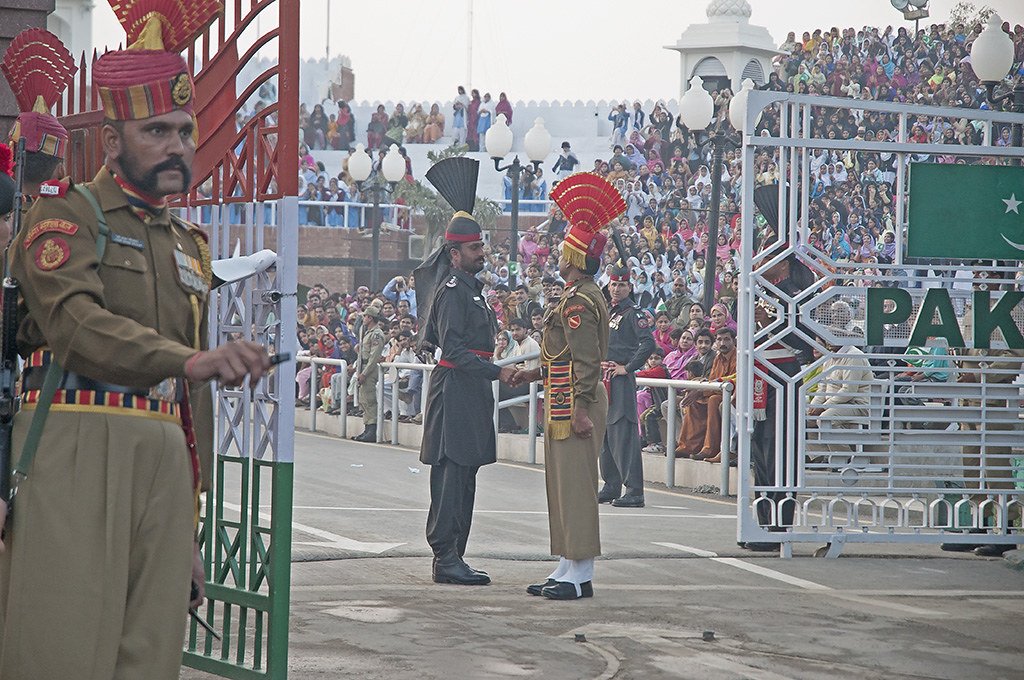The Significance of the Upcoming Brazilian Elections in Overcoming Systematic Police Violence
Aggressive and dehumanizing policing tactics adopted by the Security forces in Rio de Janeiro have led to nationwide uprise and distrust in the civil authority. Government neglect, distrust, authoritarian rule and racism all lie at the root of the conflict.
(Photo by Mario Tama/Getty Images)
Today, 2 million Brazilians are residents of the impoverished favelas of Rio de Janeiro. Covid-19 is not the only lethal challenge they face; they are under the threat of a man-made danger: police violence. A growing concern is that police brutality is triggered by racial bias; black Brazilians are three times more likely to be killed by police as white Brazilian. The police violence in Brazil has become a worldwide concern; a United Nations report argued for critical measures to be taken to battle systematic racism towards individuals of African descent. The report calls for accountability through the investigation of officers. This would suggest a systematic change in Brazil where prosecutors will be tasked with investigating police killings rather than police themselves, which is a common practice in Brazil. A comprehensive plan passed on by the state government is required to hold officers accountable by setting benchmarks and articulating formalized set of rules they must follow when on duty. Brazil’s Supreme Court is taking into consideration ordering state’s government to make reforms to the civil authority system. However, the court remains indecisive on taking on a forceful role; many argue that decisive and commanding action is necessary to end the disproportionate police brutality on Black Brazilians.
The conflict was first ignited with the disappearance of Amarildo de Souza, a Black resident in Rio’s Rocinha favela. The news ignited nation-wide protests demanding the government to address citizen grievance’s. Investigations on the disappearance of Mr. Souza discovered that he was tortured to death by the police while under questioning for gang activity. Although the police officers responsible were prosecuted, they were never fired and they continued to receive a salary while serving a short prison sentence, and once released, they were reinstated as officers. This led to a growing distrust between the police and the citizens, as the residents were aware that police brutality goes unpunished. Following multiple events of clashes between civilians and police, May 24, 2022, marked a breaking point. A police raid on a Rio de Janeiro favela left 21 people dead and 7 wounded during an operation conducted to capture a drug-trafficking gang. The deathroll placed this event as one of the deadliest police operations in Brazilian history.
Reporters documenting police force in the neighborhoods of Rio de Janeiro state that there are two rules in the cases of the application of police violence. The first being that officers are permitted to shoot in middle- and upper-class neighborhoods only in cases of self-defense; Whereas, the second being to first shoot then ask questions in low-income neighborhoods. Many officers apply these tactics without any fear of repercussions. Although the supreme court has ban the raids of Rio de Janeiro’s low-income neighborhoods, the police forces have a long-standing record of justifying violent raids with the excuse of suspicious drugs dealings. To rebuild the trust between residents and civil authority the root of the problem must be addressed which is the neglect of the government. Crime in Rio’s favelas increased overtime due to the government’s abandonment of the region, they failed to provide the residence with social services and ensure a peaceful police presence. As a result, police officers have resorted to raids to assert their presence, which often escalated to violence. The residents of these favelas harbor resentment towards civil authority not only due to the brutality but also the years of government neglect.
Following the tragic events, Brazil’s supreme court has instated several conditions on police conduct during raids. Under the court ruling, lethal force is only permissible when all peaceful means of control have been exhausted and when self-defense is applicable. The court ruled that all police officers must have audio and video recordings during operations. However, this solution fails to address the underlying issues that have generated this conflict. The continued distrust between the police and the citizens, the neglect of the government towards the needs of the citizens and the deep-rooted racial rhetoric all remain a barrier to implementing sustainable reform. The cycle of violence could only be overcome once the grievances of the people are addressed empathetically
.
The 2022 elections mark a significant event in Brazilian politics; the future of Brazilian democracy lies in the hand of the electorate. Currently, under President Bolsonaro’s government, the functionality of the democratic institutions is threatened and a romanization of a military regime is taking place. Addressing the issues within civil security and implementing measures to restrain any abuse of power depends on the democratic state in Brazil. Reform can only take place once the government is committed to protecting the rights and liberties of its citizens. Therefore, the elections mark an opportunity for the Brazilian people to express their grievances and protect their fragile democratic institutions by voting Bolsonaro, a president that exhibits high authoritarian tendencies, out of office.
Rowa Kordi
Undergraduate student – Koc University & Erasmus University
Reference
Acebes, C. M. (2021, August 15). From Rio, a cautionary tale on police violence. The New York Times. Retrieved from https://www.nytimes.com/2021/08/15/opinion/international-world/brazil-blacks-police-brutality.html
Bachega, H. (2021, May 7). Brazil violence: Rio police accused by residents of abuses in Raid. BBC News. Retrieved from https://www.bbc.com/news/world-latin-america-57000382
Cardoso, P. (2022). Military involvement in political disputes as a factor of institutional instability in Brazil. Brasiliana: Journal for Brazilian Studies, 10(2), 29-46. https://doi.org/10.25160/bjbs/10.2.3
Muñoz, C. (2020, October 28). Brazil suffers its own scourge of police brutality. Human Rights Watch. Retrieved from https://www.hrw.org/news/2020/06/03/brazil-suffers-its-own-scourge-police-brutality
The Guardian. (2022, May 24). Brazil: At least 21 people killed during police raid in Rio Favela. The Guardian. Retrieved from https://www.theguardian.com/world/2022/may/24/brazil-police-raid-rio-favela-death-toll




Comments